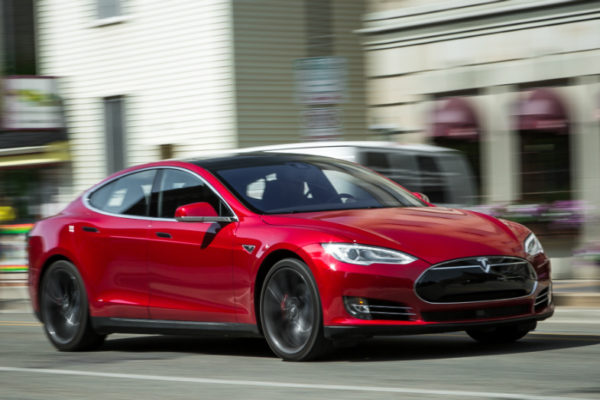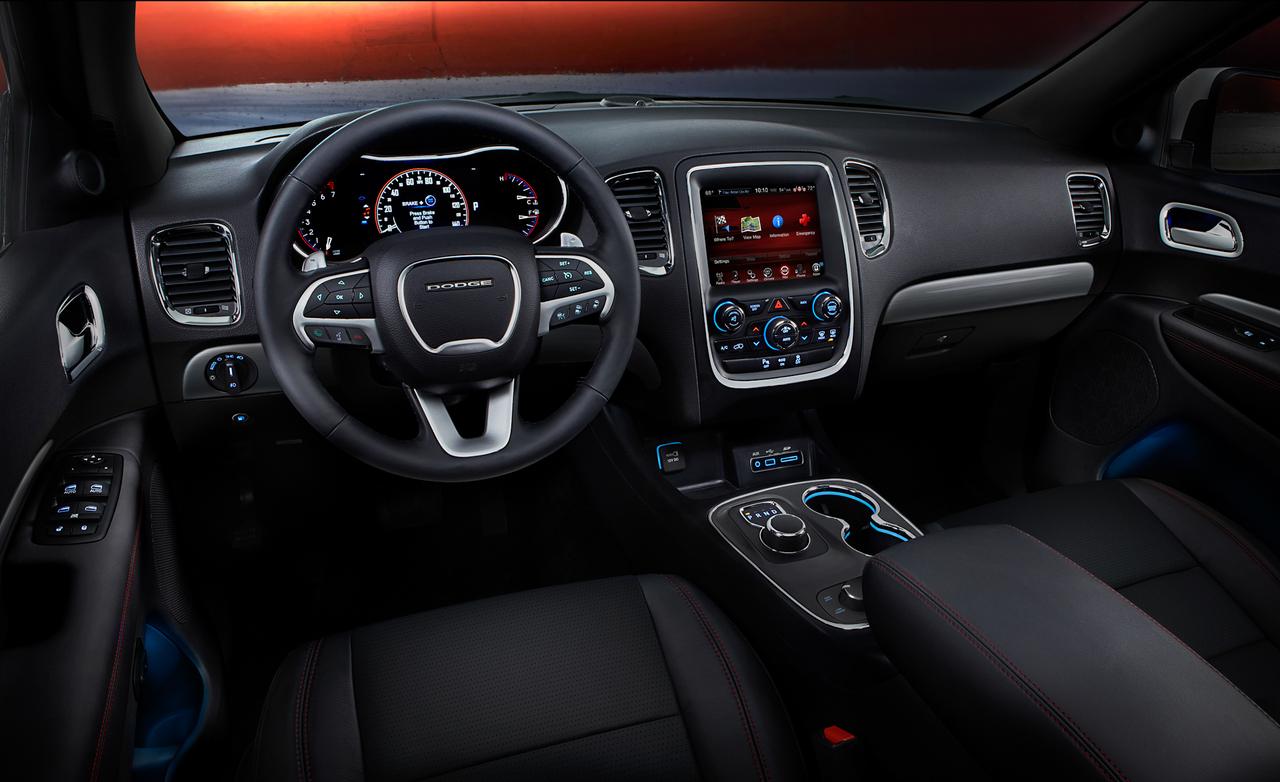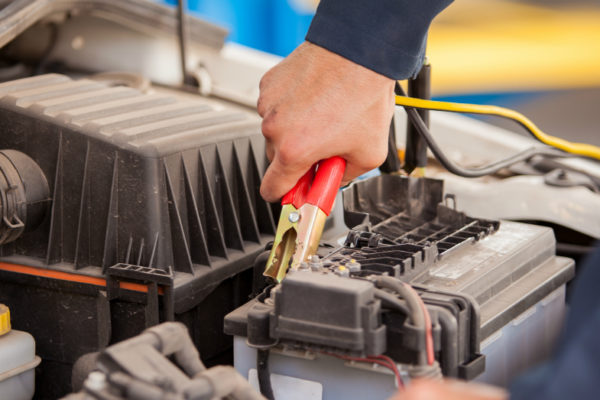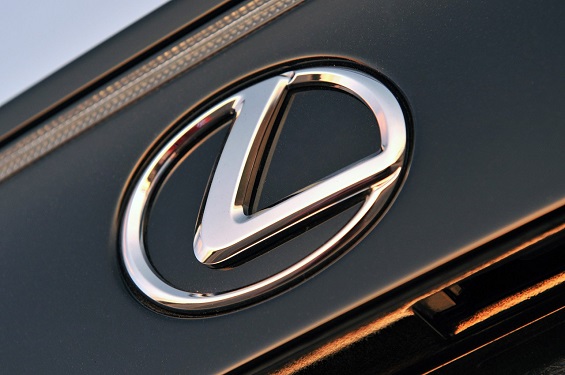
The Car that Works Wins
It’s been the cars for as long as we’ve been building them and racing them on the road. If a car breaks down during a race or as it gets started, that’s just too bad. The car that can complete the race from start to finish and cross the finish line first is the one that wins every single time. In the case of the video linked below, the Hellcat Challenger was taking on the Tesla Model S P100D when the Challenger blew the drivetrain and wasn’t able to complete the race. This example alone brought to light something you should know about EV models.
When it comes the propulsion system of these two cars compared to each other the one that has the fewer moving parts is typically going to be the most reliable. The more items we have in our vehicles that move or use a motor, the more items can break and cause a problem inside the vehicle. The car that offers you the most moving parts in this comparison test is the Challenger which uses the supercharged combustion engine we’re used to while the Tesla uses a powertrain that we might not understand as well, but we really need to.
If you were told one of the most advanced cars on the market is about as complicated as the toys your children play with you’d be shocked, but it’s true. Similar to a remote controlled car that uses batteries, the Tesla is operated with a large floor mounted battery system, a few motors to drive the wheels and not much else. There isn’t even a way for the Tesla to shift gears because it doesn’t need to and makes use of a single-speed gearbox that makes the ride simpler for us to enjoy.
In addition to having a simpler, thus more reliable, powertrain, the Tesla has power offers right from the start. This is one reason that nearly every race we see between these two cars shows the Tesla taking the early lead on the Challenger. In the case of the video below, the lesson learned was the need to make sure everything is going to work to make the combustion and power needed to race down the strip and head to the finish line. The question that comes up when you consider the simplicity of the EV powertrain of the Tesla is why these models aren’t more popular?
The reason EV models aren’t as popular as the rest on the road yet is two-fold. First of all, there’s not a large enough infrastructure to support the long distance travelling you might need to do on a regular basis for fun or for business. Second, the range of most EVs can’ handle this type of driving. Imagine only being able to drive for ninety miles at a time and then waiting a half hour each time to have the batteries recharged to a specific point. That would be absolute torture.
Improvements are being made that will allow longer ranges and eventually faster charging times on these batteries. The infrastructure is on its way as well, but if sales don’t increase that might not come to fruition as fast as it should. The fact that this video shows us the Challenger breaking down does help to spurn the conversation in a positive way for the EV models becoming more popular on the road. Soon, we may see a world filled with EV models and no longer have the sounds or the smells of the internal combustion engine, but that may still be a ways off as well.
This post may contain affiliate links. Meaning a commission is given should you decide to make a purchase through these links, at no cost to you. All products shown are researched and tested to give an accurate review for you.




